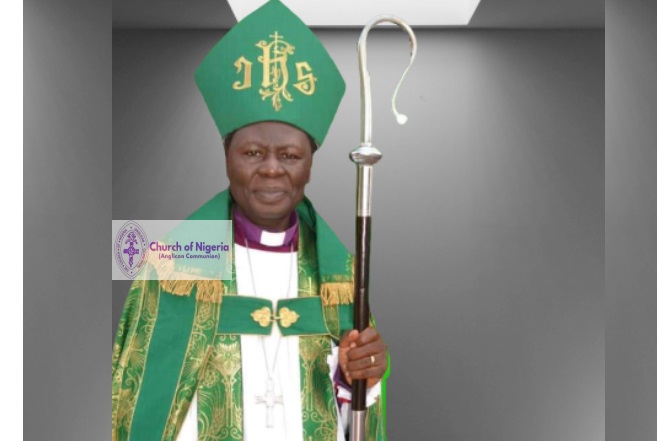Advent is here again. There is something hopeful about beginnings – whether it is a new day, or a birthday, or the new year. Beginnings symbolise hope and victory over the past, and the opportunity to turn a new leaf with fresh determination.
New beginnings – with all the optimism associated with them, do not in themselves change situations. No, they change our attitudes to situations, prompting us to make resolutions that arise from self-evaluation. We tell ourselves, “I want to do better…I want to go further…I want to drop this habit…I want to be more disciplined, better prepared to serve the Lord”
Advent begins the Christian year by focusing our minds on prophecies of God’s intervention in the human condition. We look back on the challenges of discipleship, our half-hearted commitment, the wasted opportunities for service and witness, then we are reassured by the God of history who never stands aloof, who promised and kept it in the incarnation.
Advent calls us to watch again the dangerous tendency of settling into our comfort zones. When we find that some of God’s requirements for thorough-going Christian discipleship are not convenient, somehow, we modify and embellish things on our own terms, and then convince ourselves that God must surely be satisfied and impressed. This is why the concern is the need to press on – beyond our self-allotted comfort zones.
The Prophets spoke to God’s covenant people about breaking up their fallow ground. Indeed, Prophet Hosea also told the same people of Israel and Judah, “Let us know; let us press on to know the Lord; his going out is sure as the dawn; he will come to us as the showers, as the spring rains that water the earth.” (Hosea 6:3). When John the Baptist came preaching, he rebuked the presumption of the Jews by challenging them to move beyond the arrogant feeling of being Abraham’s descendants without a corresponding sense of missional responsibility. The Apostle Paul also applied this challenge to himself in his resolve to know the Lord: Not that I have already obtained this or am already perfect, but I press on to make it my own, because Christ Jesus has made me his own.13 Brothers, I do not consider that I have made it my own. But one thing I do: forgetting what lies behind and straining forward to what lies ahead, 14 I press on toward the goal for the prize of the upward call of God in Christ Jesus (Philippians 3:12–14).
We too must critically examine our lives, our convictions, our relationships, our commitment, our sacrifices, our devotion, our obedience to God. Whose scoreboard are we looking at: God’s, or man’s? I am not using score board in terms of salvation by merit. No, our salvation is always by grace through faith. But while we are saved through faith alone, we must understand that this faith inspires a passionate response of obedience and sacrificial commitment to God. Martin Luther once said, “We are saved by faith alone, but the faith that saves is never alone.” Calvin said as much too: “as often as we mention Faith alone in this question, we are not thinking of a dead faith, which worketh not by love, but holding faith to be the only cause of justification. (Galatians 5:6; Romans 3:22.) It is therefore faith alone which justifies, and yet the faith which justifies is not alone: just as it is the heat alone of the sun which warms the earth, and yet in the sun it is not alone, because it is constantly conjoined with light.”

